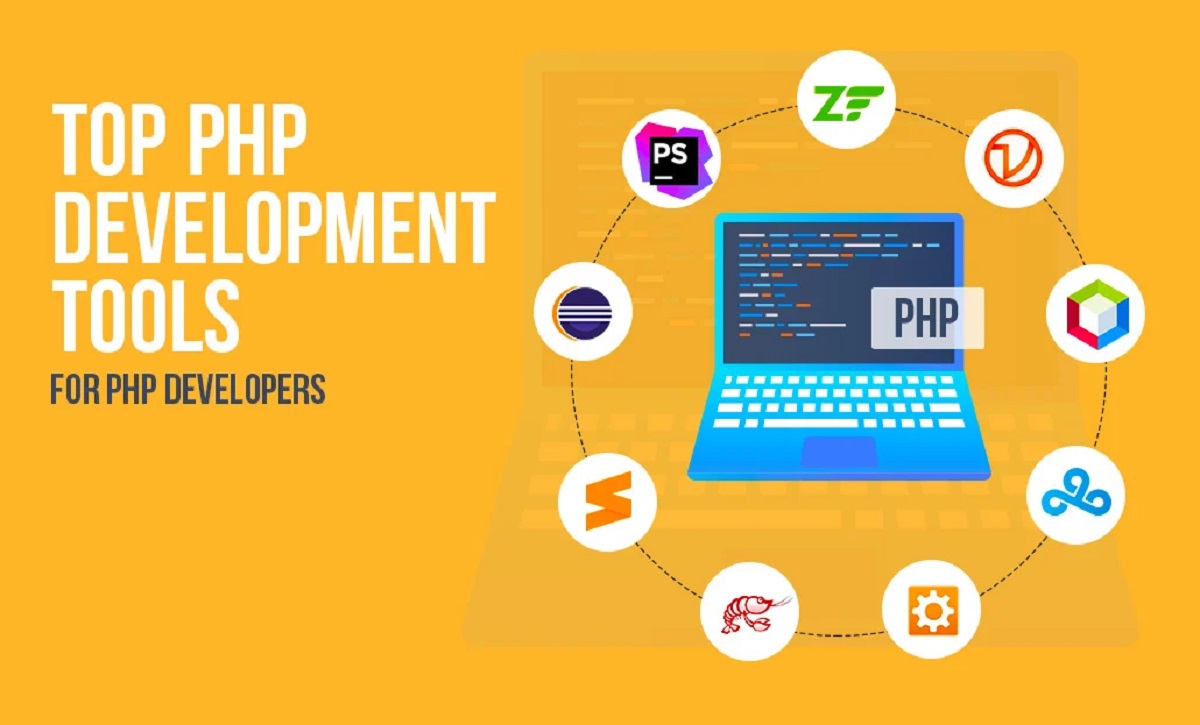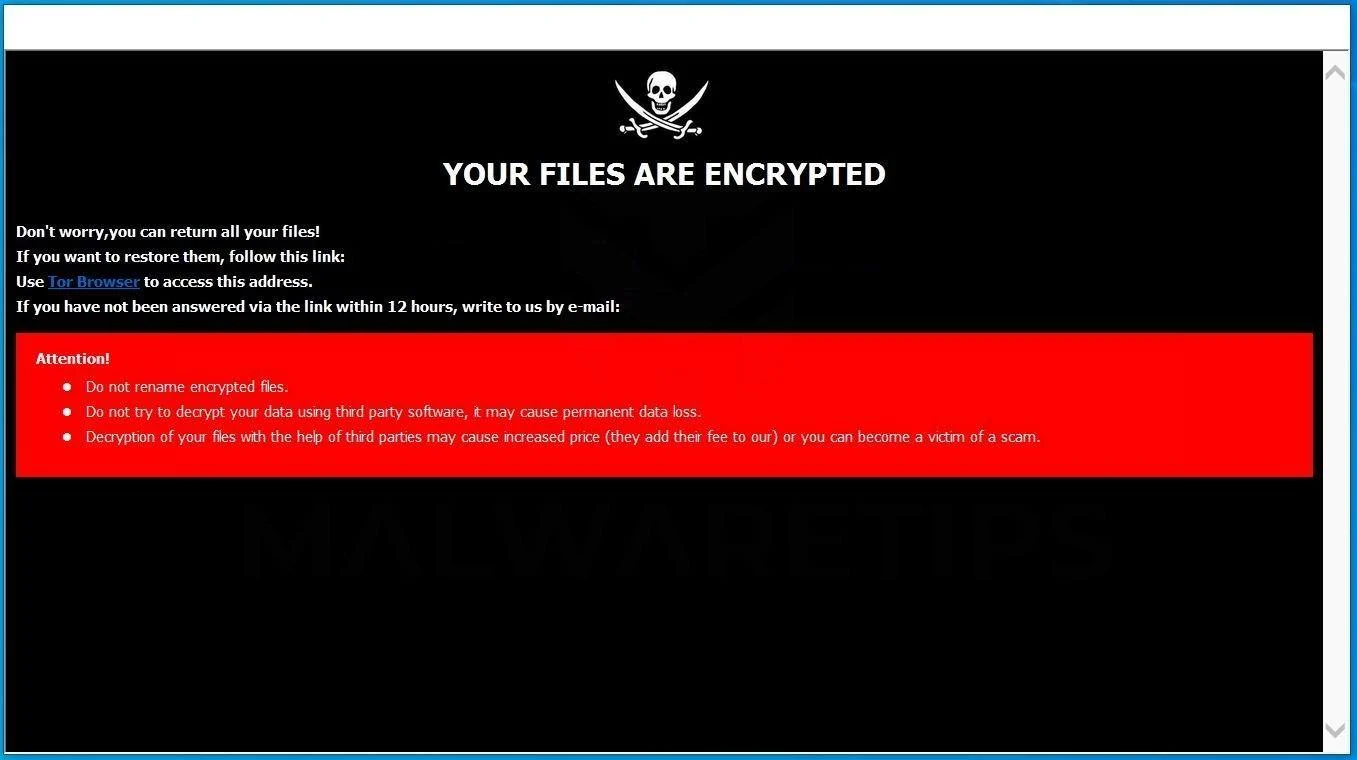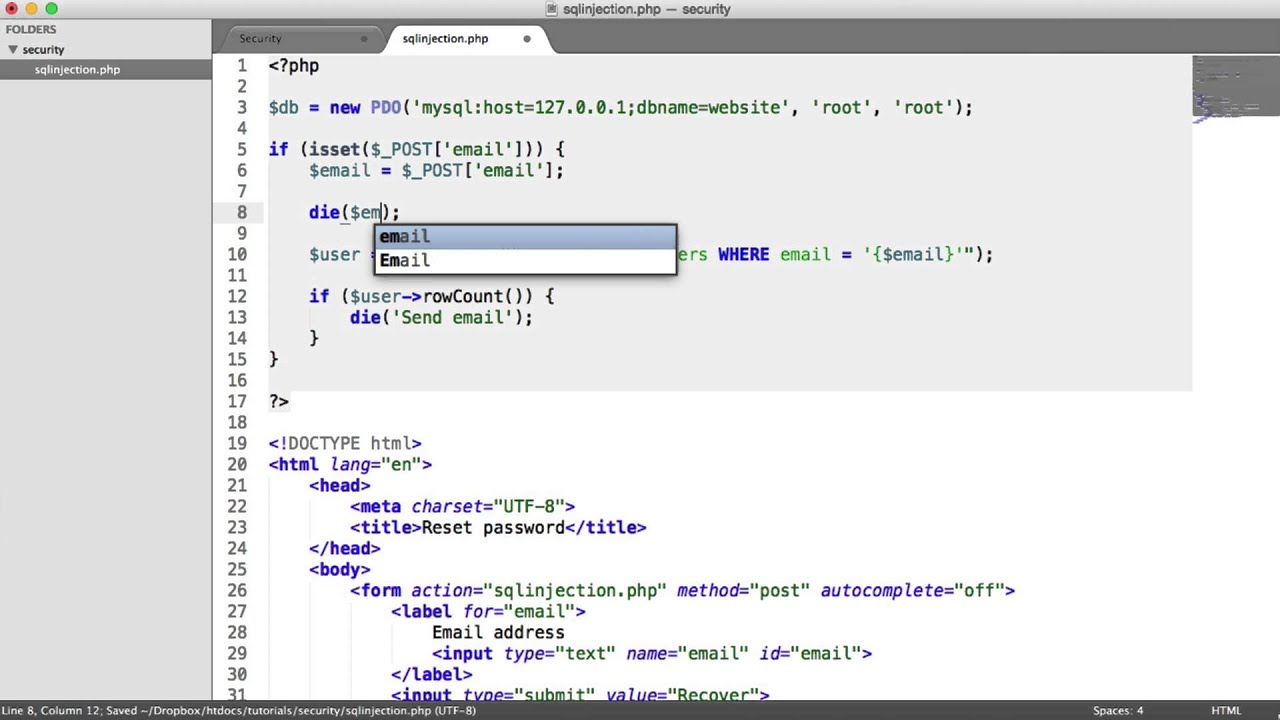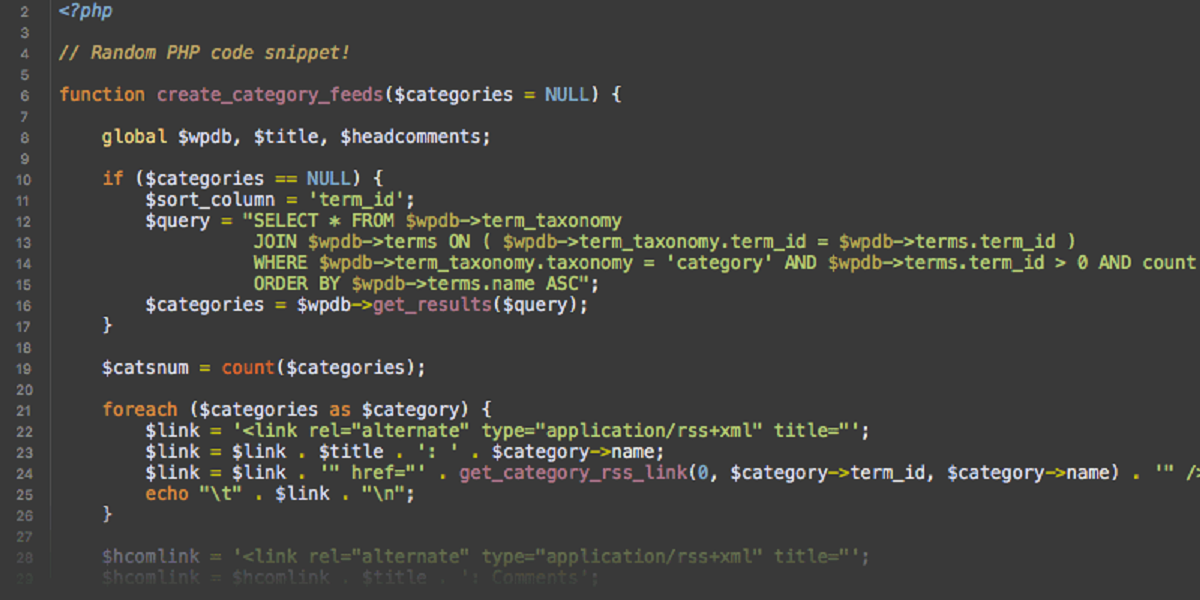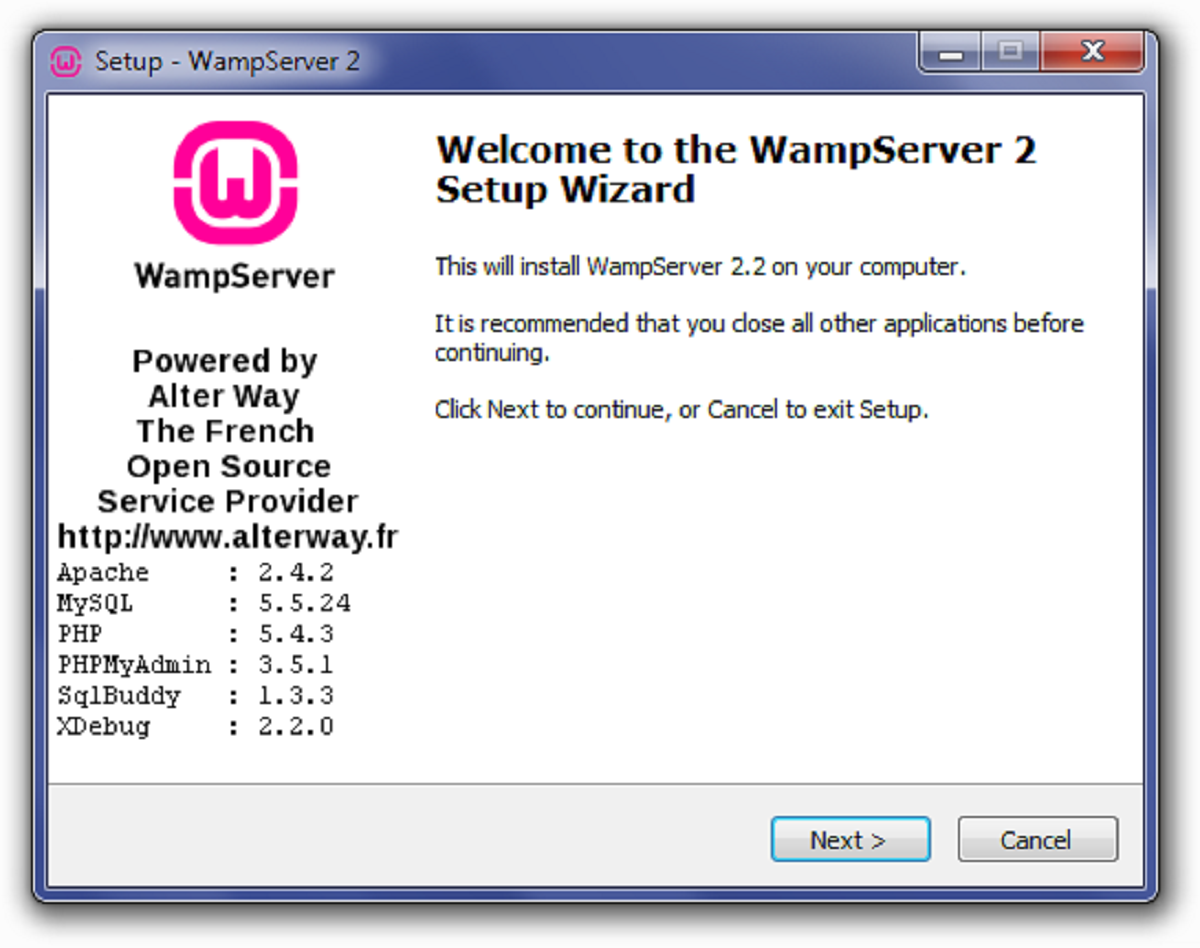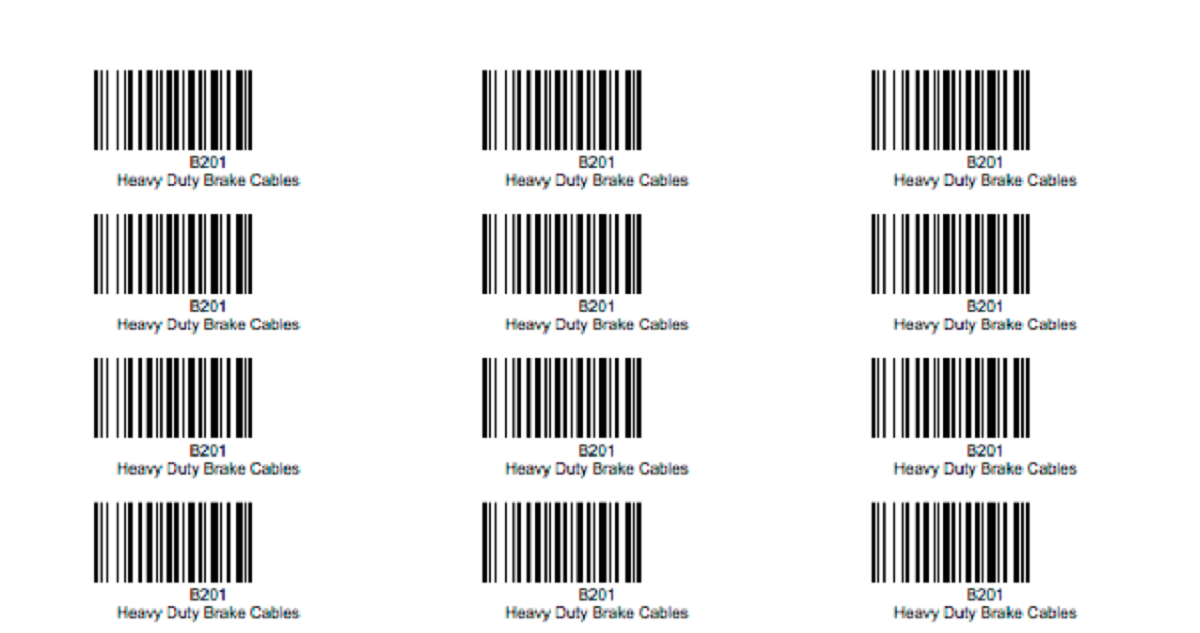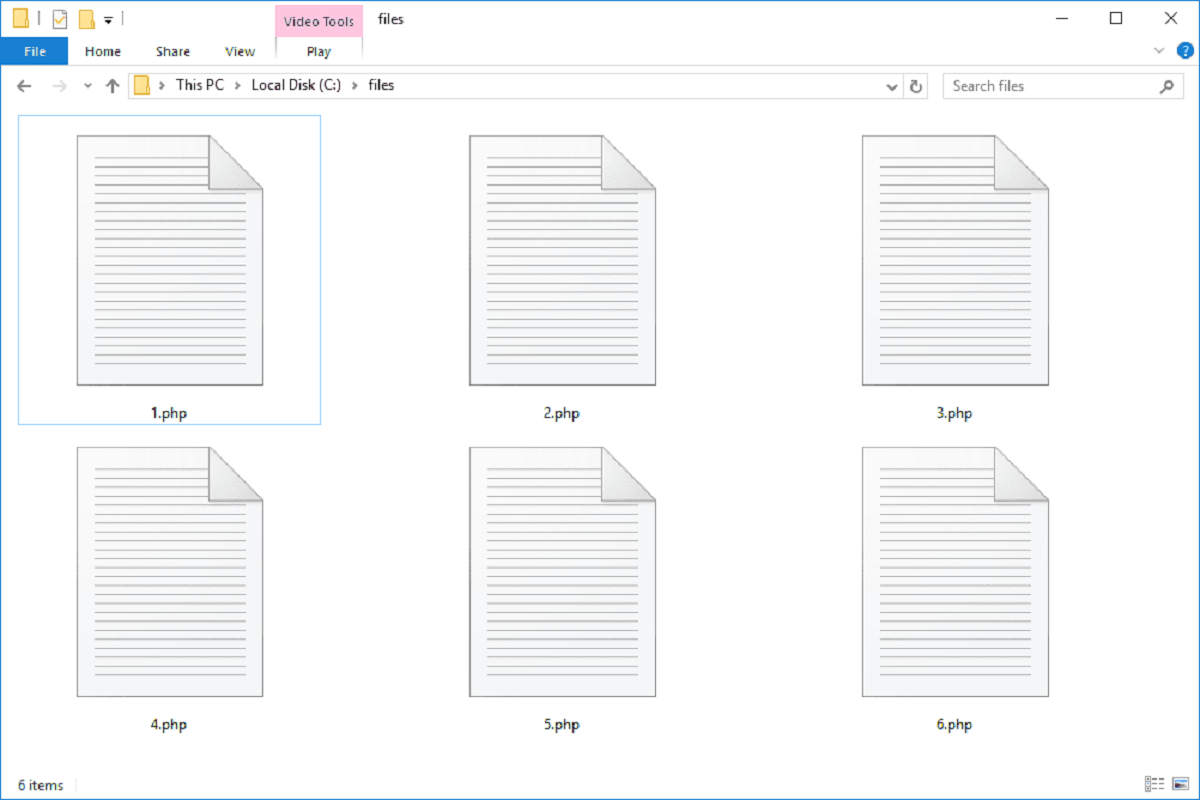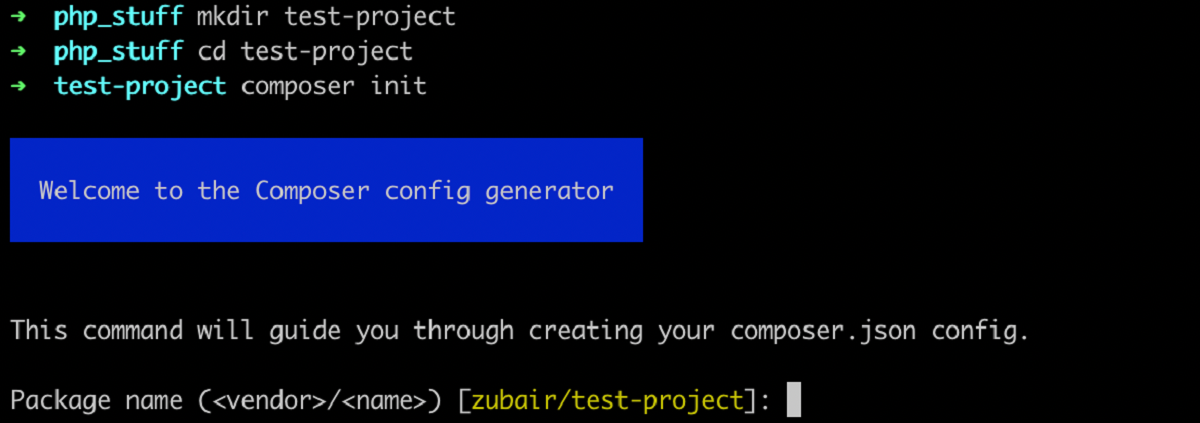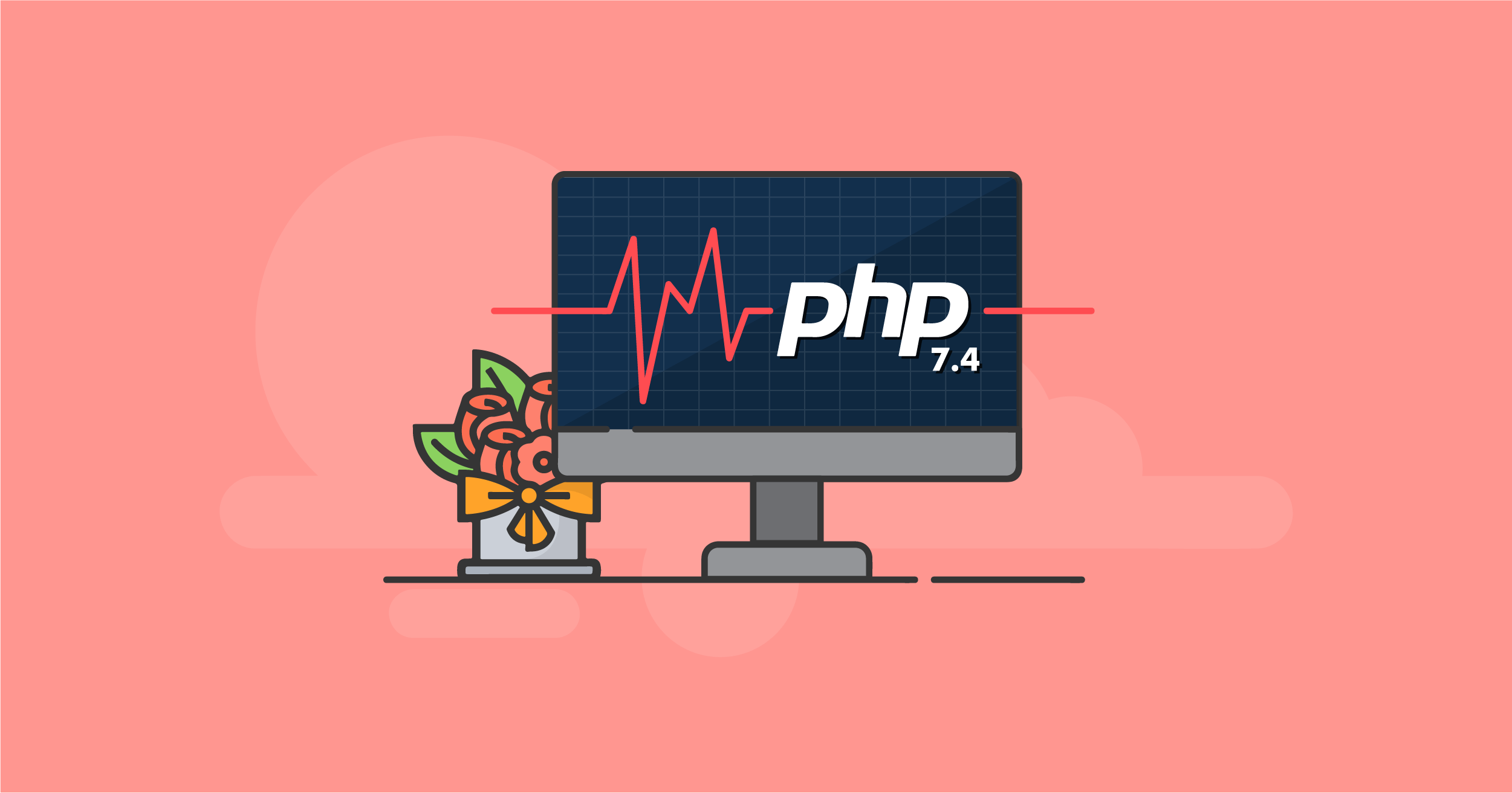Introduction
When it comes to coding in PHP, having the right software is essential for efficient development. Whether you’re a seasoned programmer or just starting with PHP, using the right tools can make a significant difference in your productivity and the quality of your code.
In this article, we will explore the various software options available for PHP coding. From integrated development environments (IDEs) to text editors, debuggers, and other essential tools, we’ll discuss their features and benefits to help you find the best software for your PHP projects.
PHP is a popular scripting language used for creating dynamic websites and web applications. It is known for its versatility and ease of use, making it a go-to language for many developers. However, to make the most out of PHP, you need the right software that provides features like code autocompletion, syntax highlighting, debugging capabilities, and more.
Whether you’re working on a small personal project or a large-scale enterprise application, the software you choose can greatly impact your coding experience. It can help you write clean and efficient code, catch errors early in the development process, and improve collaboration with other developers.
Nowadays, there are numerous software options available to cater to the needs of PHP developers. From powerful IDEs that provide a complete development environment to lightweight text editors that offer flexibility, you have plenty of choices based on your preferences and requirements.
In the following sections, we will dive into the different software categories and discuss popular options within each category. By the end of this article, you’ll have a better understanding of the software landscape and be able to choose the best tools for your PHP coding endeavors.
Integrated Development Environments (IDEs)
Integrated Development Environments (IDEs) are comprehensive software tools that provide a complete development environment for coding in PHP. IDEs offer a range of features to streamline the coding process, making it easier for developers to write, debug, and manage their PHP code.
One of the most popular PHP IDEs is PhpStorm. Developed by JetBrains, PhpStorm offers an array of powerful features, including code analysis, code completion, and syntax highlighting. It also provides extensive debugging capabilities, allowing developers to easily identify and fix issues in their code. With its seamless integration with version control systems like Git, PhpStorm enhances collaboration among development teams.
Another notable PHP IDE is Eclipse PDT (PHP Development Tools). Built on the Eclipse platform, PDT offers an extensive set of features for PHP development. It comes with a flexible and customizable interface, making it easy to adapt to your preferences. PDT also supports code navigation, refactoring, and debugging, along with integration with popular version control systems.
Visual Studio Code (VS Code) is a lightweight yet powerful text editor that can be transformed into a PHP IDE through the use of extensions. It provides built-in support for PHP, syntax highlighting, code snippets, and debugging capabilities. With its vast library of extensions, developers can tailor their IDE to their specific needs and enhance their PHP coding experience.
NetBeans is another popular PHP IDE that offers a range of useful features, including code completion, version control integration, and easy project management. Its intuitive user interface makes it suitable for developers of all levels, from beginners to experts. NetBeans also provides seamless integration with other web technologies, such as HTML, CSS, and JavaScript, making it a versatile choice.
While IDEs provide a comprehensive environment for PHP coding, they may require more system resources compared to text editors. Therefore, if you’re working on a low-spec machine or prefer a lighter alternative, you might consider using a text editor for PHP coding.
In the next section, we’ll explore some popular text editors specifically designed for PHP coding.
Text Editors
Text editors are lightweight software tools that are commonly used by PHP developers for coding. Unlike Integrated Development Environments (IDEs), text editors focus primarily on editing code rather than providing a complete development environment. They are known for their simplicity, speed, and flexibility.
One of the most popular text editors for PHP coding is Sublime Text. It offers a clean and intuitive user interface along with powerful features such as syntax highlighting, code snippets, and multiple cursor support. With its extensive plugin ecosystem, developers can enhance Sublime Text’s functionality to suit their specific needs.
Atom is another widely used text editor that gained popularity within the developer community. It is open-source, customizable, and built on web technologies, making it highly versatile. Atom provides features like autocomplete, version control integration, and a rich collection of plugins to extend its functionality.
Visual Studio Code (VS Code), mentioned earlier as an IDE option, is also a capable text editor. It offers a lightweight coding experience and can be customized with various extensions tailored for PHP development. With its fast performance, built-in Git integration, and IntelliSense feature, VS Code has become a preferred choice for many PHP developers.
Another noteworthy text editor is Notepad++. It is lightweight, easy to use, and supports a wide range of programming languages, including PHP. Notepad++ offers features like syntax highlighting, code folding, and search and replace capabilities, making it suitable for both beginners and seasoned developers.
For those who prefer a terminal-based text editor, Vim (Vi Improved) is a powerful option. It runs in a command line interface and offers a range of advanced features, such as code navigation, auto-indentation, and macros. While Vim has a steep learning curve, mastering its features can significantly boost productivity.
Ultimately, the choice between using an IDE or a text editor for PHP coding depends on personal preference and project requirements. IDEs provide a more extensive set of features, while text editors offer simplicity and flexibility. It’s essential to consider factors like the size of your project, your coding style, and your level of comfort with the tool you choose.
In the following sections, we will explore other useful software tools for PHP coding, including debuggers, code linting tools, version control systems, package managers, and local and remote development servers.
Debuggers
Debuggers are essential tools for PHP developers that help identify and fix issues in their code. They allow developers to step through their code, set breakpoints, inspect variables, and track the execution flow to understand how the code is behaving during runtime.
Xdebug is a popular PHP debugger that integrates with many IDEs and text editors. It offers a wide range of features, including stack traces, profiling support, code coverage analysis, and remote debugging capabilities. Xdebug enables developers to identify and resolve bugs quickly, improving the overall quality of their PHP applications.
Zend Debugger is another robust debugger specifically designed for PHP. It provides advanced features like code tracing, breakpoint debugging, and variable inspection. Zend Debugger integrates seamlessly with IDEs like Zend Studio and PhpStorm, offering a powerful debugging experience.
Xdebug and Zend Debugger are server-side debuggers that require a configuration setup. However, if you prefer a client-side debugger, Chrome Developer Tools is an excellent choice. It enables JavaScript debugging in the browser and provides a PHP extension called PHP Debug that connects PHP code with the Developer Tools. This allows developers to debug their PHP code using breakpoints, variable inspection, and network analysis within the browser environment.
Another notable debugger is DBGp, which is a protocol used for communicating between the debugger and the IDE or text editor. DBGp-compatible debuggers, such as DBGp Proxy, allow developers to connect their IDEs or text editors to a remote server and debug PHP code remotely. This is particularly useful when working on applications deployed on remote servers or when collaborating with a distributed development team.
Regardless of the debugger you choose, integrating it with your preferred IDE or text editor is crucial to leverage its full potential. Debuggers help catch errors, optimize code performance, and enhance the overall development process by enabling developers to step through their PHP code and gain deep insights into its execution.
With the availability of powerful debuggers, developers can efficiently diagnose and resolve issues, resulting in more robust and stable PHP applications.
In the subsequent sections, we’ll explore additional software tools for PHP coding, including code linting tools, version control systems, package managers, and local and remote development servers.
Code Linting Tools
Code linting tools are essential for maintaining code quality and adhering to coding standards. They analyze your PHP code for potential errors, violations of coding conventions, and other issues, helping you write clean and consistent code.
PHP CodeSniffer is a popular code linting tool that checks PHP code against a set of predefined coding standards, such as PSR-12 or your custom rules. It scans your codebase and provides detailed reports highlighting any deviations from the coding standards. PHP CodeSniffer integrates with many IDEs and text editors, making it easy to incorporate into your development workflow.
Another notable code linting tool is PHP Mess Detector (PHPMD), which focuses on detecting potential problems, such as complex code, unused variables, and naming issues. PHPMD highlights areas of code that might require refactoring or attention to improve code quality and maintainability.
PHPStan is a static analysis tool that performs type checking and generates suggestions to improve code correctness and safety. It detects potential errors, incompatible types, and wrong method calls, helping developers catch issues early in the development process and reduce bugs in their PHP applications.
PHP CS Fixer is a code formatting tool that automatically fixes coding style violations in your PHP codebase. It ensures consistent code formatting by applying predefined rules or custom configurations. PHP CS Fixer helps to maintain a uniform code style across your project and improves code readability.
Using code linting tools not only helps you write better code but also promotes collaboration within development teams. By adhering to coding standards and identifying potential issues early on, you can minimize errors, improve code maintainability, and increase overall code quality.
Each linting tool mentioned above has its own strengths and focuses. You can choose the tool that best fits your needs and preferences. Integrating these tools into your development environment can significantly enhance your PHP coding process and contribute to the long-term success of your projects.
In the upcoming sections, we will explore other important software tools for PHP coding, including version control systems, package managers, local and remote development servers, and more.
Version Control Systems (VCS)
Version Control Systems (VCS) are critical tools for managing and tracking changes to your PHP codebase. They allow developers to collaborate, track revisions, and easily manage different versions of their code.
Git is the most widely used version control system in the development community. It is a distributed VCS that offers speed, flexibility, and powerful branching and merging capabilities. Git allows developers to create multiple branches for different features or experiments, effortlessly merge changes, and easily revert to previous versions when needed. Platforms like GitHub, GitLab, and Bitbucket provide hosting services for Git repositories, enabling collaboration and code sharing among developers.
Subversion (SVN) is another popular centralized version control system. While it has a different architecture compared to Git, it still offers essential features such as version history, branching, and merging. SVN provides a central repository that developers can access to commit their changes and synchronize their codebase. However, SVN doesn’t offer the same distributed capabilities as Git.
Mercurial (HG) is another distributed version control system, similar to Git. It offers a lightweight yet powerful alternative to Git, with a strong focus on simplicity and ease of use. Mercurial provides features like built-in web interface, fast and efficient handling of large repositories, and excellent support for handling binary files.
Version control systems bring numerous benefits to PHP development. They help teams collaborate more effectively, enabling multiple developers to work on the same codebase simultaneously. VCS also provides a safety net, allowing developers to revert to previous versions of their code if unexpected issues arise. Additionally, version control systems assist in code review processes, making it easier to track and review changes before they are merged into the main codebase.
Integrating a version control system into your PHP development workflow is crucial for efficient and organized project management. It ensures code integrity, facilitates collaboration, and simplifies the process of tracking changes and managing different versions of your PHP code.
Next, we will explore other vital software tools for PHP coding, including package managers, local and remote development servers, and more.
Package Managers
Package managers are essential tools for managing dependencies and libraries in your PHP projects. They simplify the process of installing, updating, and removing external libraries or packages that your project relies on.
Composer is the most widely used package manager for PHP. It allows you to declare the dependencies of your project in a composer.json file and then automatically installs them, along with their respective dependencies. Composer also provides commands to update packages, ensuring that your project uses the latest version of each dependency. With its vast ecosystem and easy integration with popular PHP frameworks and libraries, Composer has become the go-to tool for managing PHP dependencies.
PEAR (PHP Extension and Application Repository) is another package manager for PHP, although it has been less commonly used in recent years. PEAR provides a structured repository of PHP extensions and applications and offers a command-line tool for package installation and management. While it may not be as popular as Composer, PEAR is still a viable option for managing PHP packages.
Using a package manager like Composer brings several advantages to your PHP projects. It simplifies the process of managing dependencies, reduces conflicts between different versions of libraries, and improves the overall stability and maintainability of your codebase. Package managers also facilitate the sharing and distribution of PHP packages among developers, fostering collaboration and code reuse.
It’s important to follow best practices when using a package manager. This includes carefully selecting reliable and frequently updated packages, regularly updating your dependencies to ensure security and bug fixes, and testing the compatibility of new package versions before deploying them to production environments. By adhering to these practices, you can ensure that your PHP projects remain robust, secure, and up to date.
In the upcoming sections, we will explore other vital software tools for PHP coding, such as local and remote development servers, testing frameworks, and more.
Local Development Servers
Local development servers play a crucial role in PHP coding by providing a dedicated environment for testing and running PHP applications on your local machine. They allow developers to simulate a live web server environment and test their code before pushing it to a production server.
XAMPP is a popular local server solution that bundles Apache, MySQL, PHP, and other tools into a single package. It provides an easy-to-install and configure environment for running PHP applications locally. XAMPP also includes phpMyAdmin, a web-based interface for managing MySQL databases, making it a comprehensive solution for PHP development.
MAMP (Mac, Apache, MySQL, PHP) is a similar local server stack specifically designed for macOS. It provides a complete development environment and comes with a user-friendly interface for managing Apache, MySQL, and PHP settings. MAMP allows developers to quickly set up a local server and start coding their PHP applications.
WAMP (Windows, Apache, MySQL, PHP) is a local server solution tailored for Windows users. It offers an all-in-one environment for PHP development, including Apache as the web server, MySQL as the database management system, and PHP for server-side scripting. WAMP simplifies the process of setting up a local development server on a Windows machine.
For those looking for a more flexible and lightweight local development server, PHP’s built-in server can be a suitable choice. Starting from PHP 5.4, PHP includes a command-line server that allows you to run PHP applications locally without the need for a separate web server. This is particularly useful for smaller projects or quick testing purposes.
Local development servers provide a controlled environment for creating and testing PHP applications, allowing developers to debug and optimize their code efficiently. They enable you to run and test your PHP code locally before deploying it to a live server, helping to ensure seamless performance and minimize potential issues in your applications.
In the next sections, we will explore other important software tools for PHP coding, including remote development servers, testing frameworks, and more.
Remote Development Servers
Remote development servers are crucial for PHP coding when working on collaborative projects or deploying applications to production environments. They provide a dedicated server environment where developers can remotely access, test, and deploy their PHP applications.
SSH (Secure Shell) is a widely used protocol for secure communication and remote server management. Developers can connect to remote servers using SSH and execute commands, upload files, and manage their PHP projects. SSH provides a secure and encrypted connection, ensuring the confidentiality and integrity of data transferred between the local machine and the remote server.
Virtual Private Servers (VPS) and cloud hosting platforms like Amazon Web Services (AWS) EC2, Google Cloud Platform (GCP) Compute Engine, and DigitalOcean offer remote server instances where developers can deploy their PHP applications. These environments provide scalability, flexibility, and robust server infrastructure without the need for maintaining physical servers.
Containerization platforms like Docker have gained popularity in recent years. Docker allows developers to create lightweight, isolated containers that encapsulate their PHP applications along with the necessary dependencies. These containers can be deployed on remote servers, making it easier to manage and replicate PHP environments across different machines.
Version control platforms like GitHub, GitLab, and Bitbucket also offer remote development server capabilities. They provide integrated server environments for PHP projects, allowing developers to collaborate, review code, and deploy their applications from the same platform. These platforms simplify the process of deploying PHP code, facilitating continuous integration and deployment workflows.
Remote development servers play a crucial role in PHP coding, especially for collaborative projects and production deployments. They provide a centralized and controlled environment where developers can test, debug, and deploy their PHP applications with ease. Remote servers ensure consistency and reliability by allowing developers to work remotely while maintaining a consistent server configuration.
In the following sections, we’ll explore other important software tools for PHP coding, including testing frameworks, documentation generators, and more.
Conclusion
PHP coding requires a range of software tools to enhance productivity, ensure code quality, and streamline the development process. From integrated development environments (IDEs) to text editors, debuggers, code linting tools, version control systems (VCS), package managers, and local and remote development servers, each tool plays a vital role in the PHP coding workflow.
The choice of software tools depends on individual preferences, project requirements, and the scale of the development process. IDEs like PhpStorm, Eclipse PDT, and Visual Studio Code offer comprehensive features and integrated workflows, making them ideal for large-scale PHP projects. Text editors like Sublime Text, Atom, and Visual Studio Code (with appropriate extensions) provide lightweight options with extensive customization capabilities.
Debuggers such as Xdebug, Zend Debugger, and DBGp enable developers to identify and resolve issues in their PHP code, facilitating smooth debugging experiences. Code linting tools like PHP CodeSniffer, PHP Mess Detector, and PHPStan help maintain code quality, ensure adherence to coding standards, and catch potential issues early on.
Version control systems like Git, Subversion (SVN), and Mercurial offer efficient collaboration, version tracking, and code synchronization. Package managers like Composer and PEAR simplify dependency management in PHP projects, while local development servers like XAMPP, MAMP, WAMP, and PHP’s built-in server provide controlled environments for local testing and development.
Remote development servers, accessed through protocols like SSH or through cloud hosting platforms, enable collaborative development and production deployments. These environments offer scalability, flexibility, and secure remote access for PHP application deployment and management.
By utilizing these software tools effectively, developers can streamline their PHP coding workflow, improve code quality, enhance collaboration, and increase productivity. Selecting the right combination of tools based on project requirements can significantly enhance the development process and contribute to the success of PHP applications.
Ultimately, the goal is to leverage these tools to write clean, efficient code and deliver high-quality PHP applications that meet the needs of clients and end-users.







